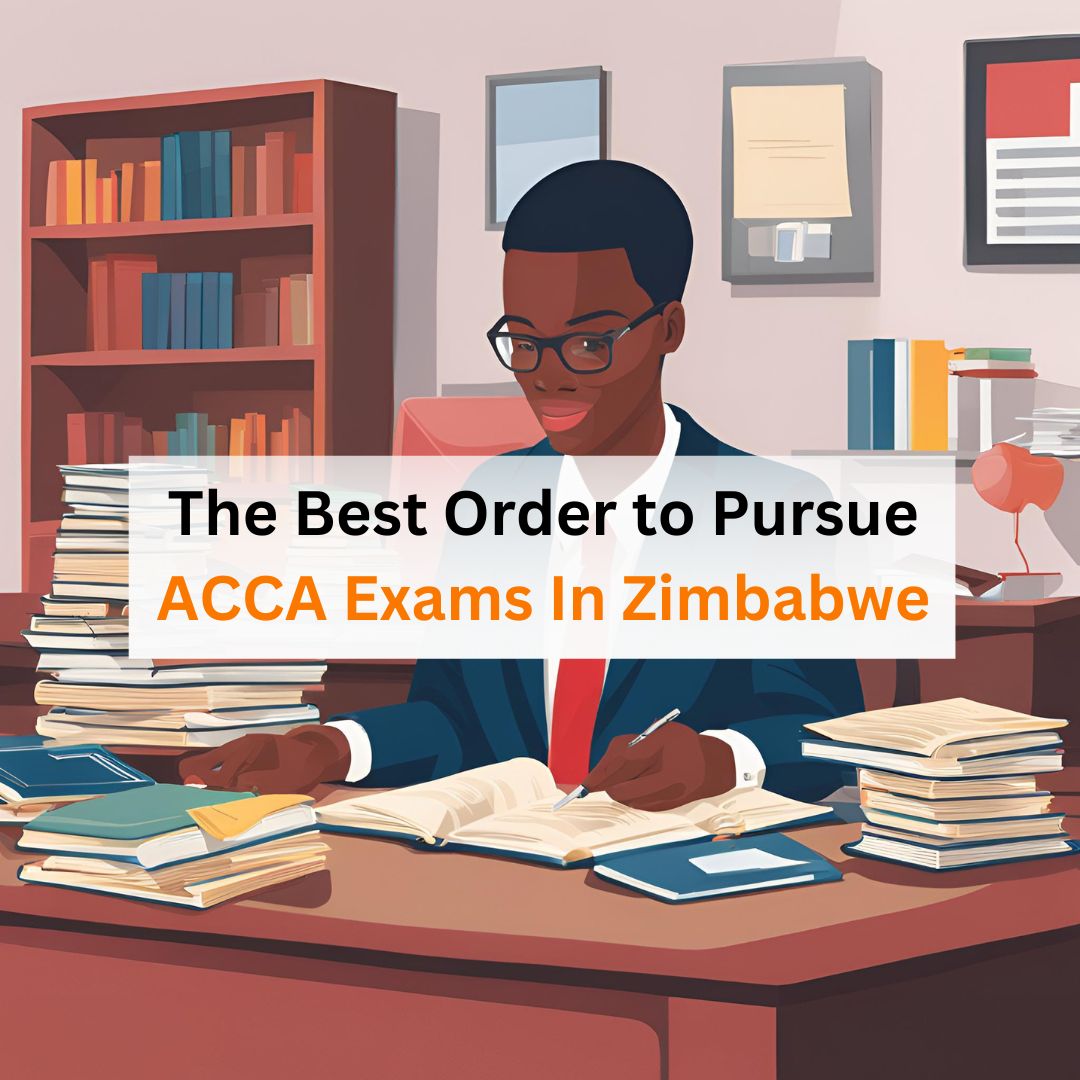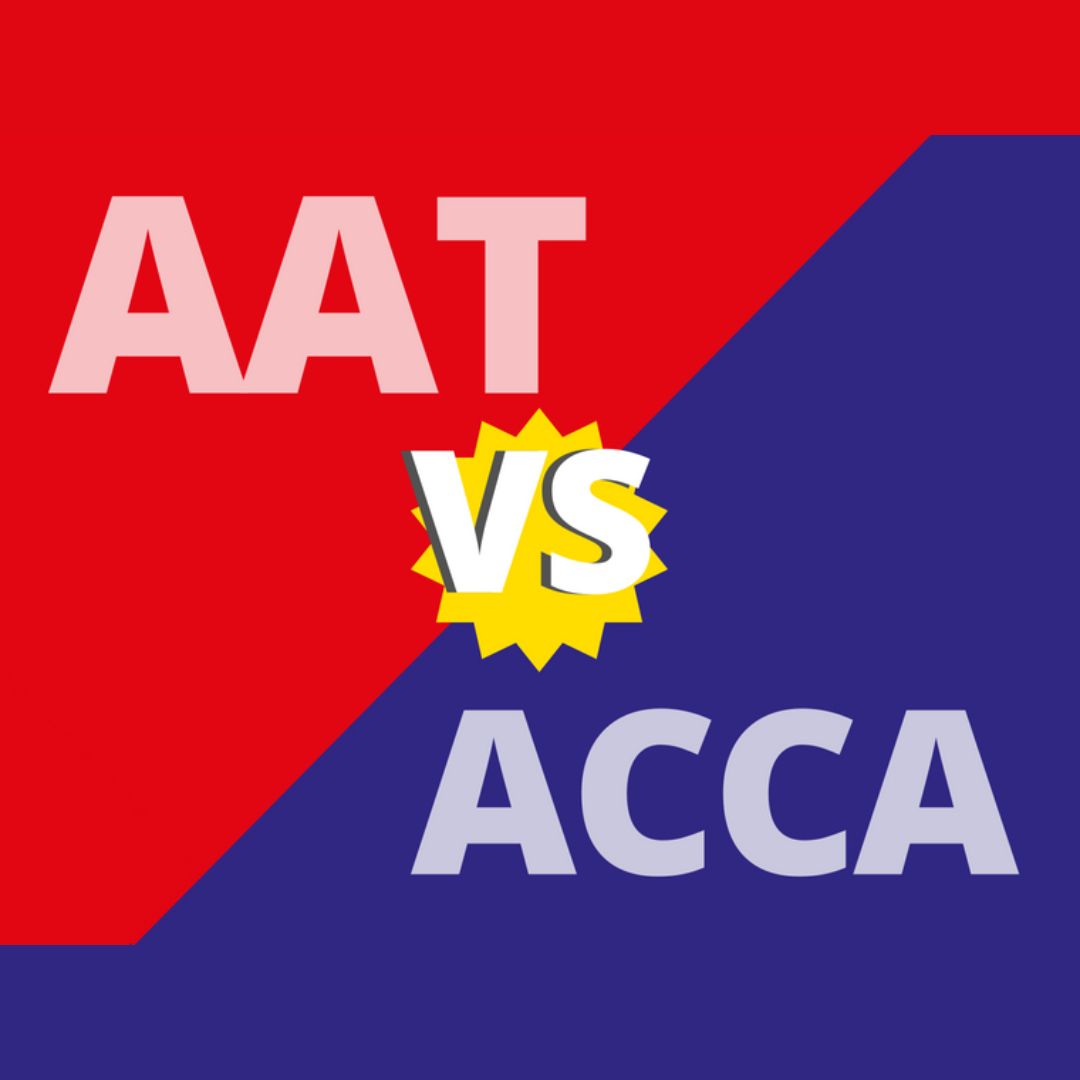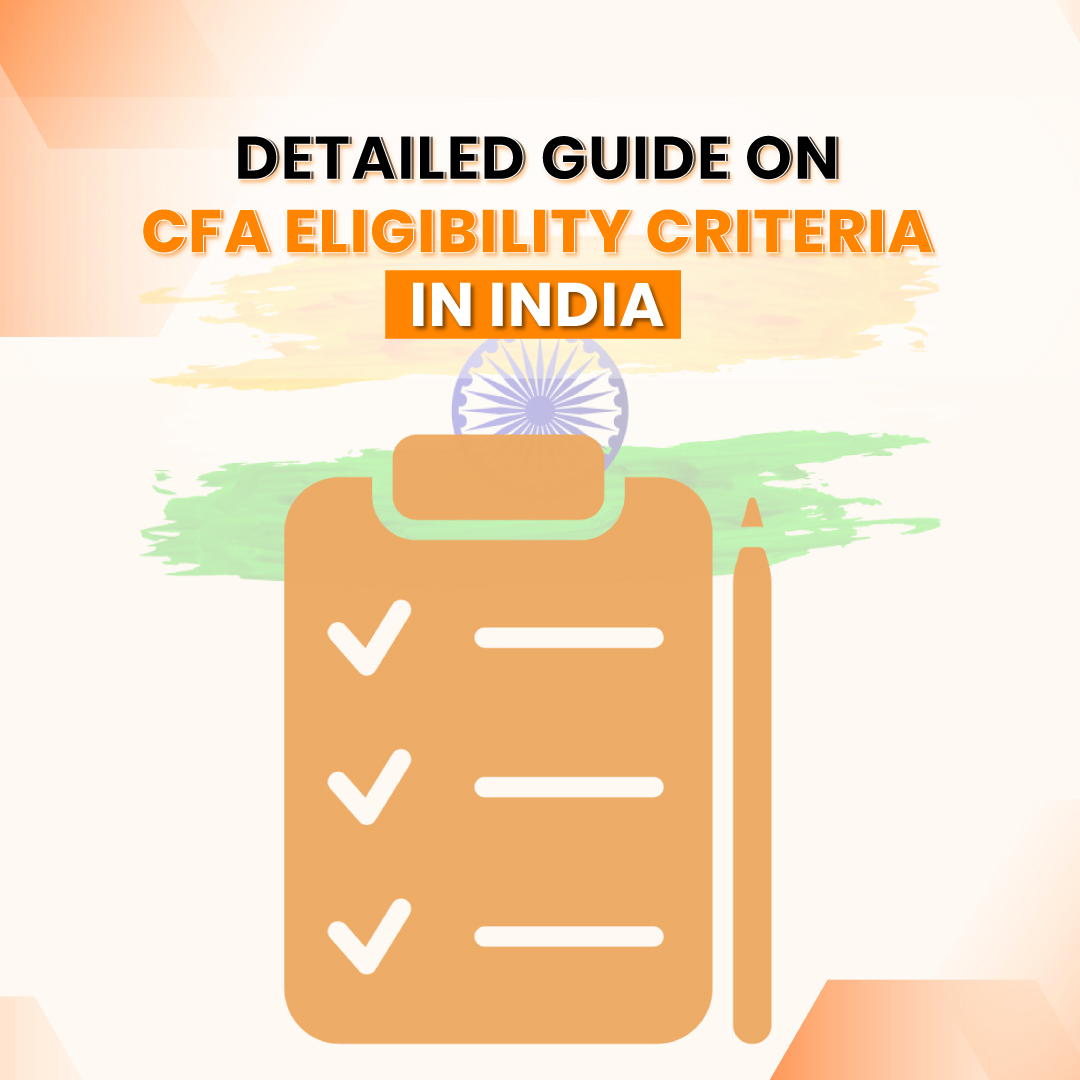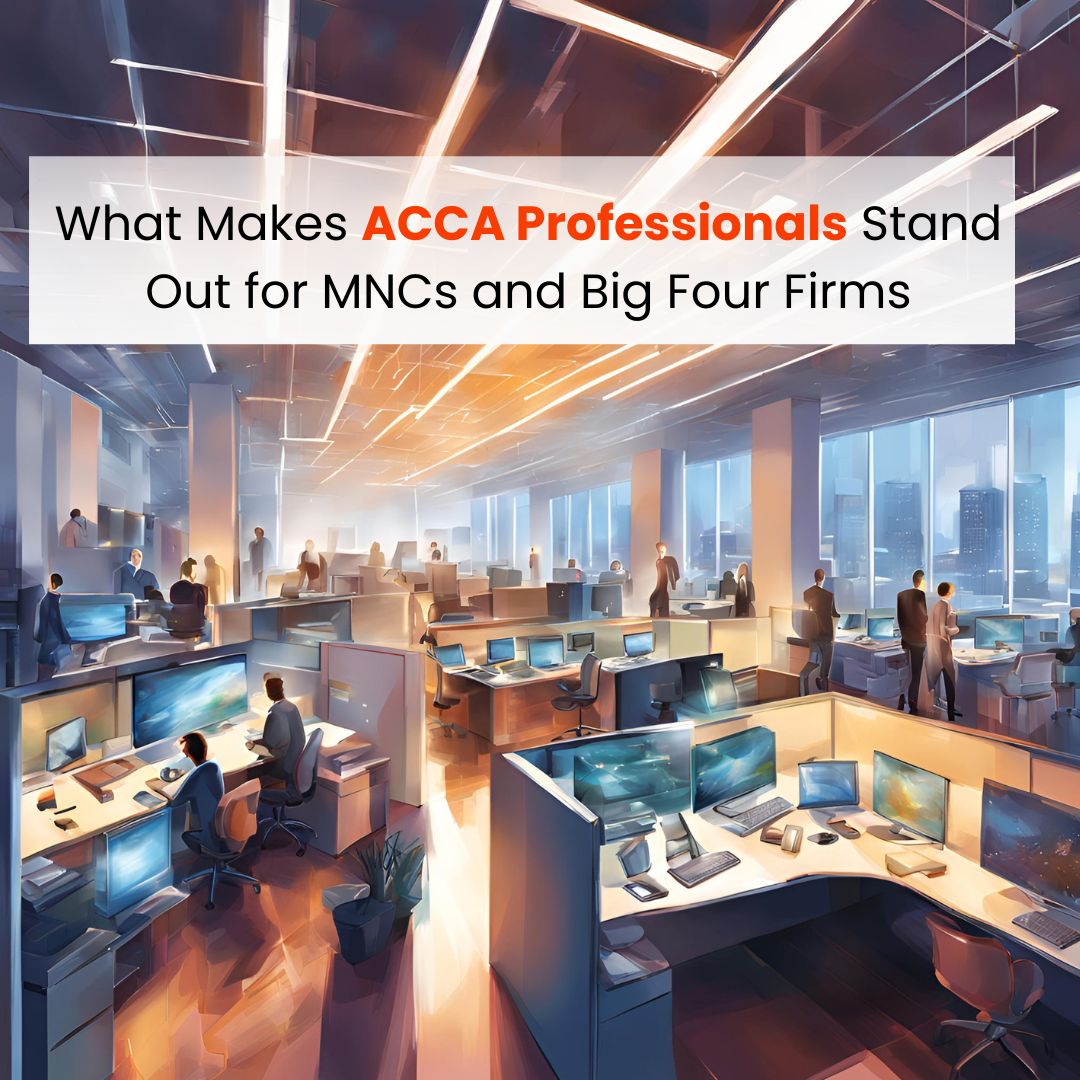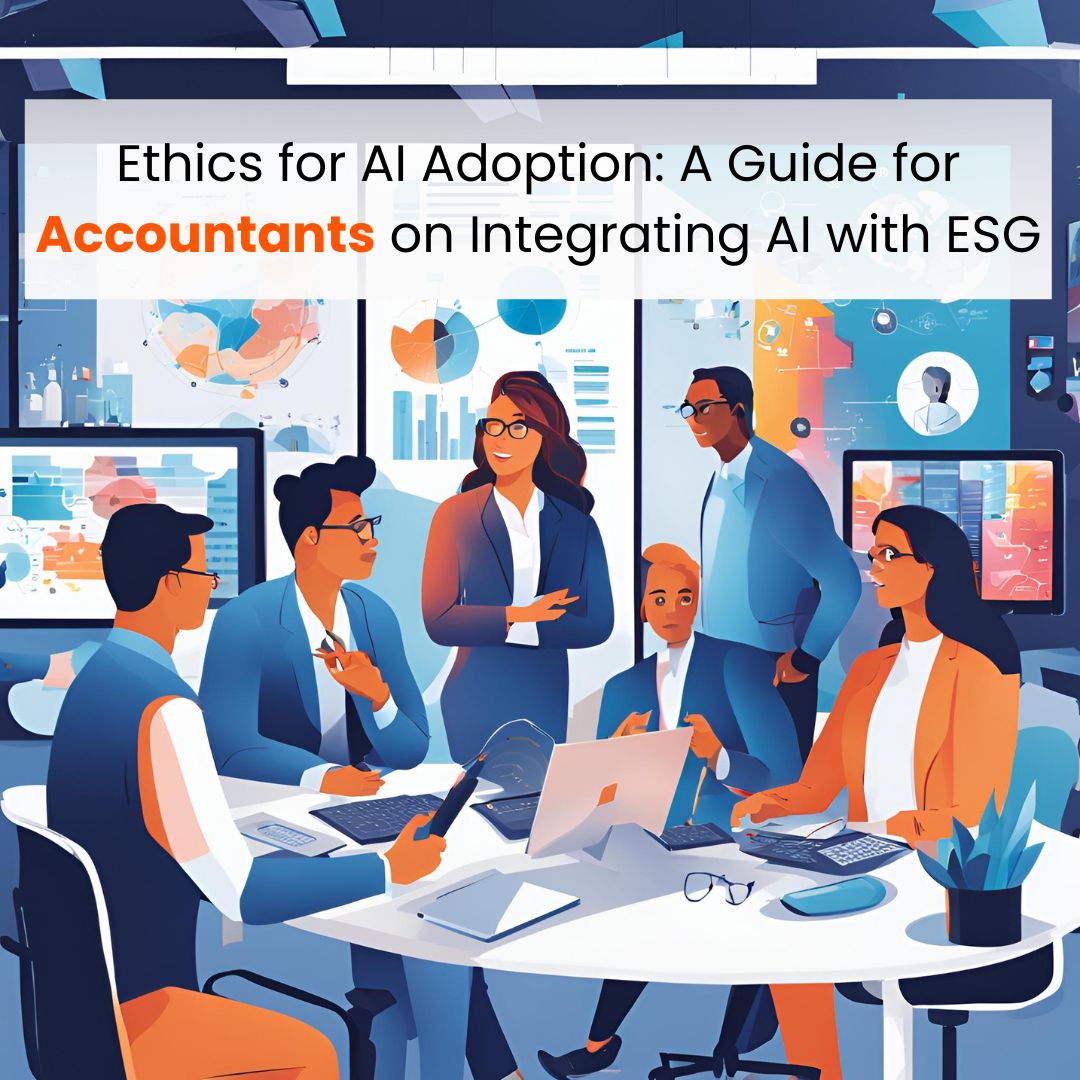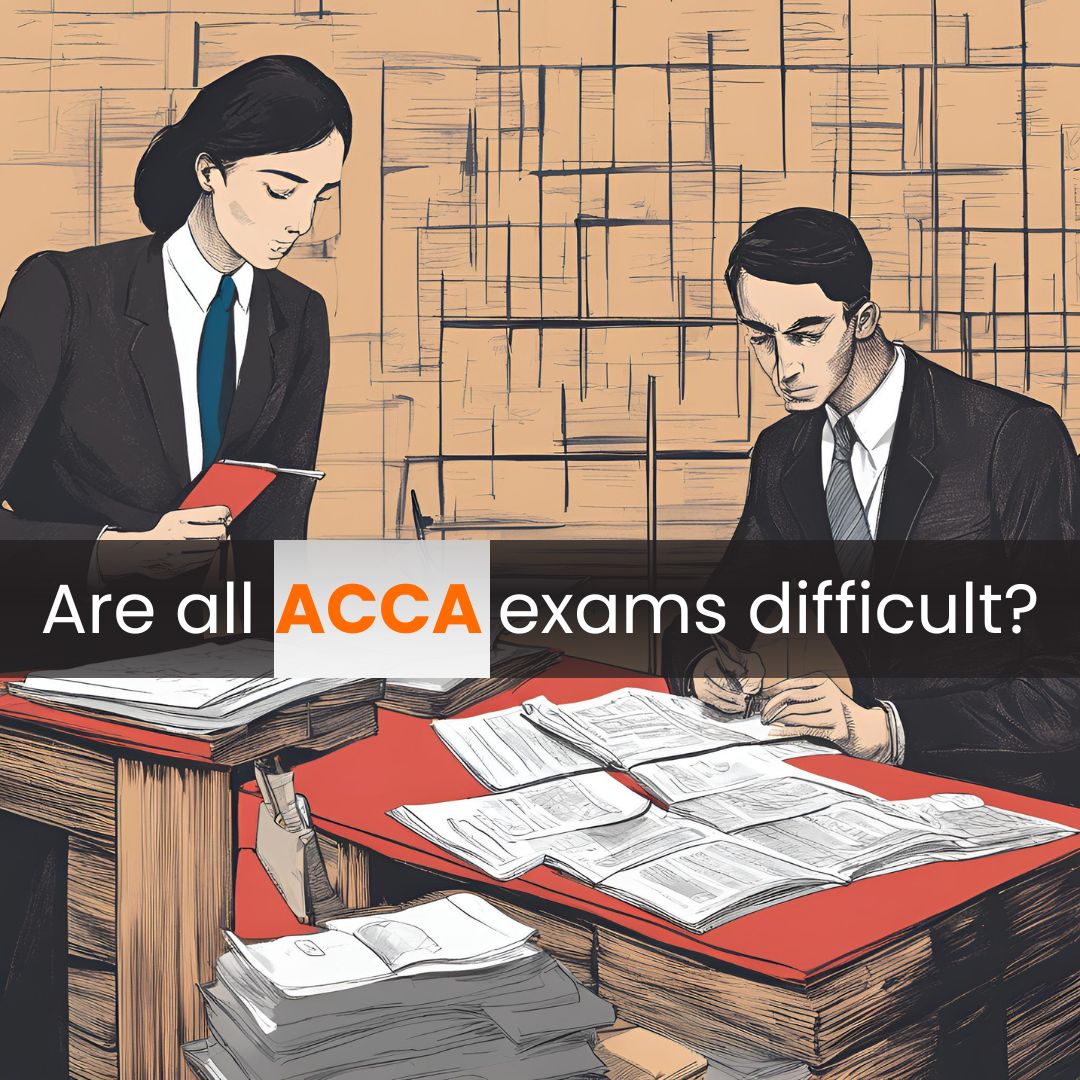BACKGROUND:
ACCA qualification consists of 13 exams divided into three levels (Applied knowledge level, Applied skills level, and Strategic Professional level). ACCA exams are a mixture of case studies, real-life scenarios, and strategies. These exams scrutinize an aspirant’s competence in theoretical knowledge, technical skills, and their implementation in practical scenarios. It is advised for students to follow the given structure of ACCA exams to avoid any kind of hurdles, to know the structured order of these exams and why is it advised to follow and to read the blog ahead.
APPLIED KNOWLEDGE LEVEL:
This level includes three exams (Business and Technology, Management Accounting, and Financial Accounting), and all of these exams are the foundational level exams of ACCA qualification. These exams build the basic knowledge regarding business, accounting, and management in an aspirant, ensuring the student has enough knowledge to start the complex journey of ACCA qualification. Students should clear these exams first, before moving towards the complex exams of ACCA. These courses will play a major role in preparing you for the complex exams ahead by building your basics and offering the clarity you will need to achieve success ahead in the qualification.
APPLIED SKILLS LEVEL:
The applied skills level is a bit advanced version of the previous level, this level includes a total of six ACCA exams, these exams include financial reporting, taxation, Financial Management, Audit & Assurance, performance management, and Corporate and business law. These exams prepare and test you with your technical skills, this level ensures you develop the skills needed in your professional life. These exams demand you to use the knowledge gained in previous levels in practical scenarios. Students are advised to follow the chain by completing the exams of this level before moving forward to the strategic professional level.
STRATEGIC PROFESSIONAL LEVEL:
It is the last level of ACCA qualification, hence, the most advanced and complex level. This level includes two compulsory exams (Strategic Business Leadership and Strategic Business Reporting), and two optional exams which students can select by their preferences and career choices. As the name of this level suggests, the ACCA exams of this level are completely based on strategy management and implementation of accounting concepts in the professional world, it is a mix of case studies, strategies, and problem analysis. This is the most advanced level therefore, students should first complete the previous level exams to get the clarity of this level.
GENERAL TIPS FOR ACCA EXAMS:
However, Students are advised to follow the structured order mentioned above but some students might feel it is more feasible for them to study certain subjects together. Students can pair subjects that align with their goals. The following tips may be helpful for you while choosing the best order for your ACCA exams:
- It is crucial to analyze your academic weaknesses and strengths so that you can choose the order of exams at each stage, and to pace yourself.
- Another reason which can influence your choice of order of ACCA exams is your time management, exam order can differ from student to student depending on the number of exams attempted in each sitting.
- Make sure you do not get too excited and end up overburdening yourself with multiple complex exams in one sitting.
- It is advised to pair exams interlinked to one another in a single sitting.
- Make sure you do not take advanced-level exams before completing fundamental-level exams.
WHY SHOULD STUDENTS FOLLOW THE RECOMMENDED ACCA EXAMS ORDER?
Building a strong foundation:
By following the recommended order of ACCA exams students start their academic journey from the fundamental level of qualification globally. Exams from this level build the basic knowledge in the area of business, accounting, etc, in students. Fundamental level enables students to have knowledge and clarity regarding the core concepts and topics, by completing this level students can then grasp the complex concepts and strategies in the advanced level of the qualification.
Logical Progression:
The suggested order of ACCA exams follows a logical progression, each exam somehow or other prepares you for the next exam. The complexity of each exam increases with the advancement of each level. Hence, to progress in exams with conceptual clarity it is advised to follow the order. Whereas, skipping or rearranging exams can result in a lack of understanding and poor performance.
Better exam performance:
Students tend to perform better while following the structured order of ACCA exams, as it enables students to master the topics progressively. With each passing exam, you get prepared for the next one. It helps in nourishing your learning and exam writing skills, boosts your confidence, and enables you to use learned knowledge efficiently.
CONCLUSION:
The best Order to pursue ACCA exams is to follow the structured order, first clear the Applied Knowledge level exams as they are fundamental exams building your core concepts. Then move forward to Applied skills level exams, these exams are a bit advanced than the exams in the previous level and equip you with technical skills. After completing them, now go for the strategic professional level, this level is the most advanced and requires both your academic knowledge and technical skills together to solve the case studies based on real-life scenarios. By using this order students can maximize their study efficiency, achieve logical progression, meet prerequisites, and hence, perform better in ACCA exams.
FREQUENTLY ASKED QUESTIONS:
Q1: Can I skip some exams if I have previous accounting experience?
Answer: Yes, if you have prior education or experience in the related field of accounting or finance you are eligible to apply for exam exemptions. Exam exemption is offered on foundational level exams and the number of exemptions depends on certain factors like your experience or qualification provider, type of experience and institute, etc.
Q2: Can I take multiple exams in one sitting?
Answer: Yes, you can take multiple exams in one sitting depending on your skills, capacity, study pace, and study pattern. ACCA doesn’t bind you to take a specific number of exams, it gives you the flexibility to choose the number of exams in accordance with your comfort.

